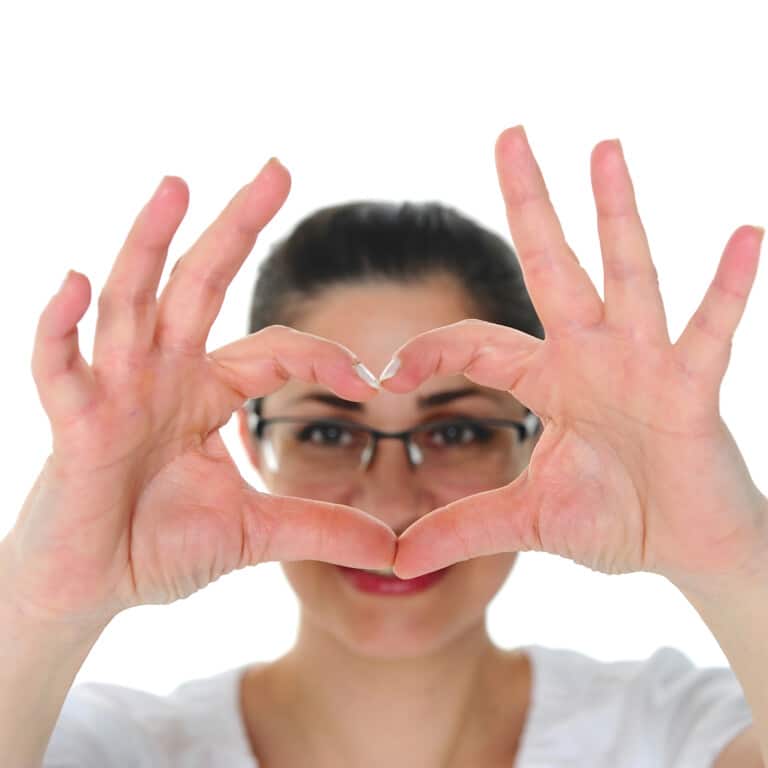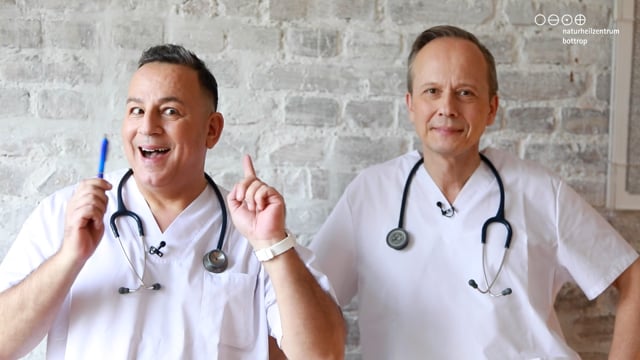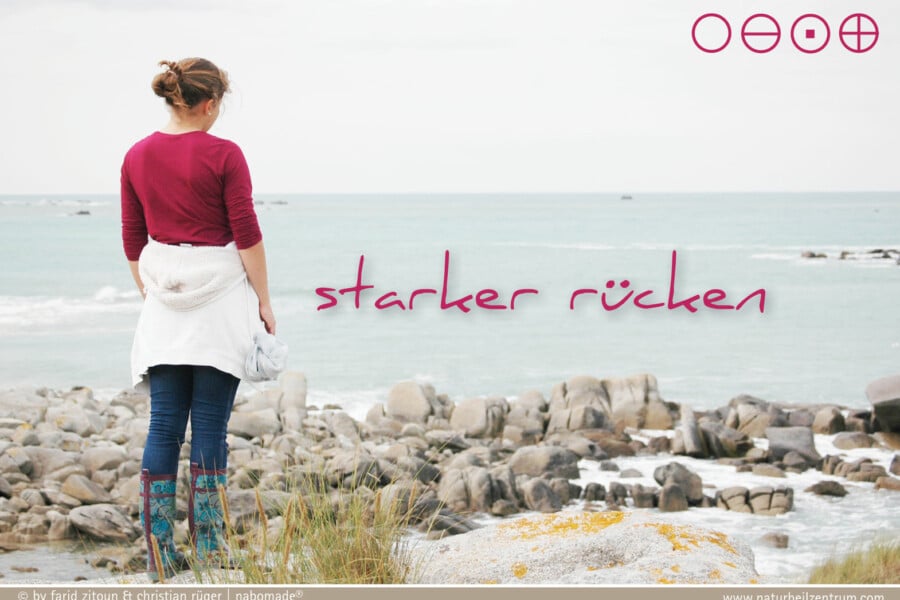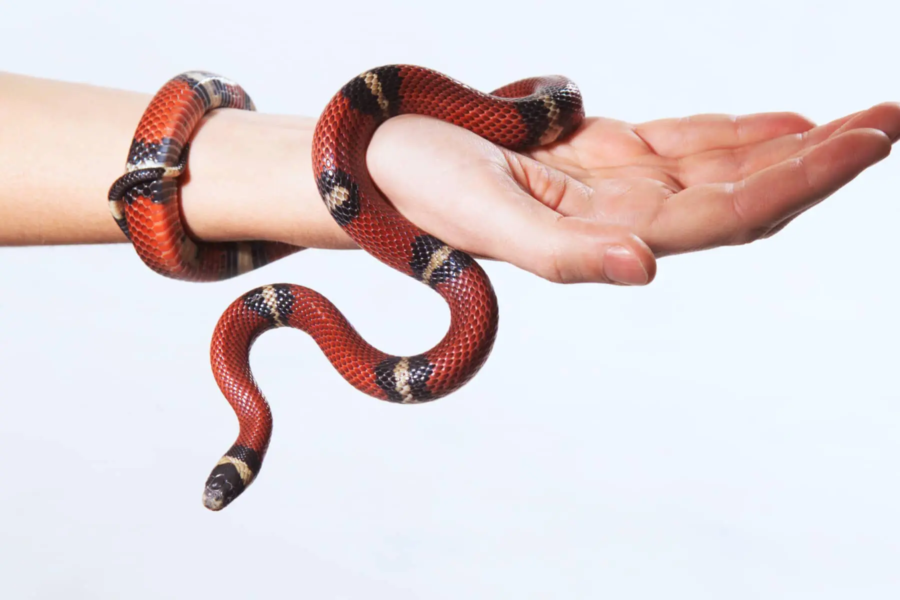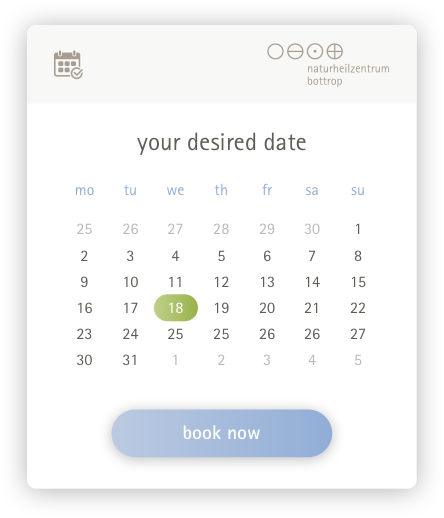Work-life balance: body and soul in equilibrium
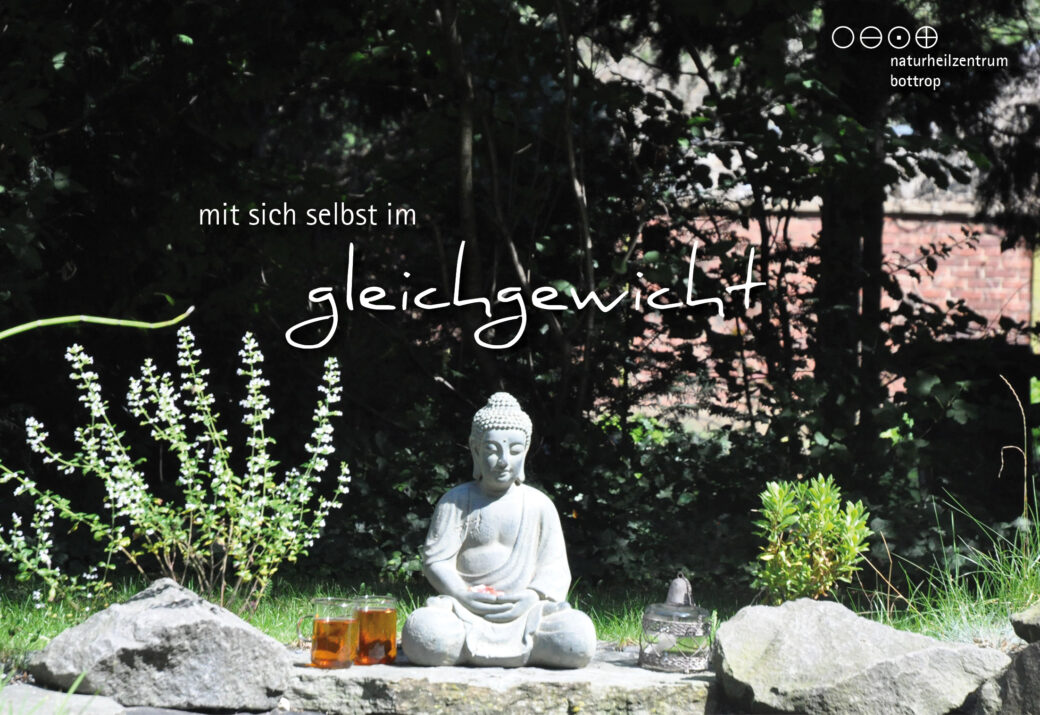
What work-life balance means
“In the past, this was called the compatibility of family and career,” explains Christian Rüger from the Naturheilzentrum Bottrop. And his colleague Farid Zitoun adds: “Literally translated, work-life balance means that professional demands and private needs are in a healthy equilibrium!” Work-life balance, or WLB for short, affects everyone: Women, men and diverse, managers and shift workers, employees and freelancers, People with children and People without children. It also affects People who are not (yet) gainfully employed. Young People, for example, who are considering their career choice, or People who are planning to return to work after a break.
Why a healthy work-life balance is so important
In the concept of work-life balance, the areas of work and life are, by definition, relatively strictly separated. When work takes up too much space and eats away at our free time, the balance can be severely disrupted. Job performance declines, health issues creep in, and over time can grow into serious problems. Common complaints are sleep disorders, tension or abdominal pain.
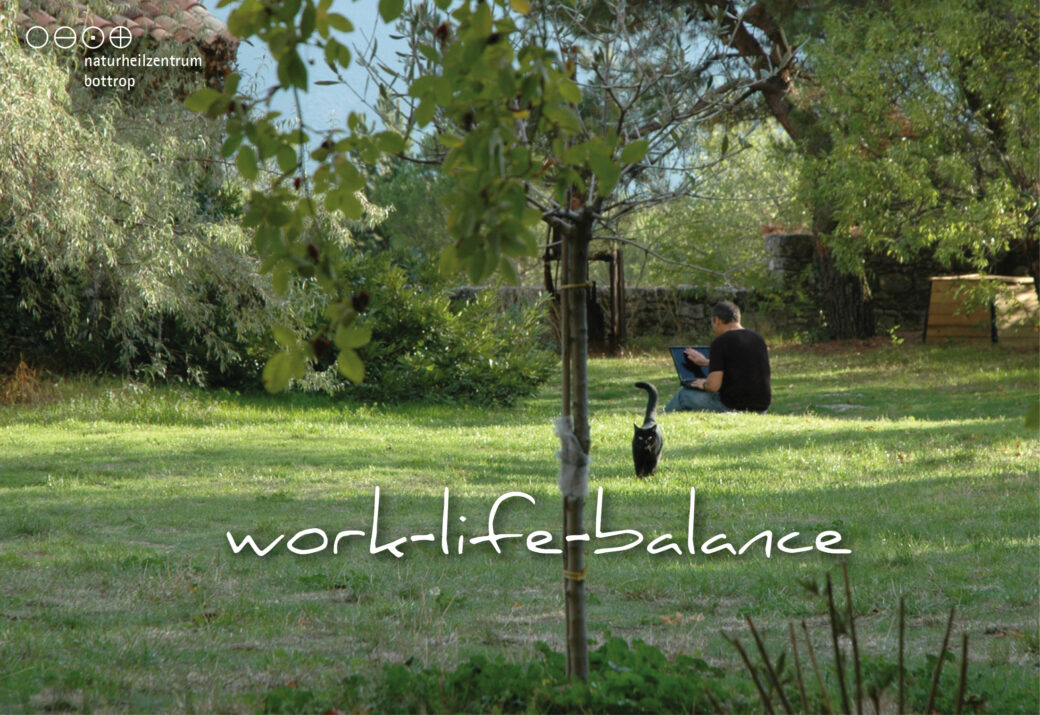
Dissatisfaction in one’s professional situation also affects one’s private life. A balance has to be found – so that job and leisure time are in harmony again. There are many things you can do to achieve a good work-life balance. You can find a few tips below. But since everyone is different, everyone has to find out what is good for them – unfortunately there is no patent remedy. Meditating helps one Person, heavy metal helps another …
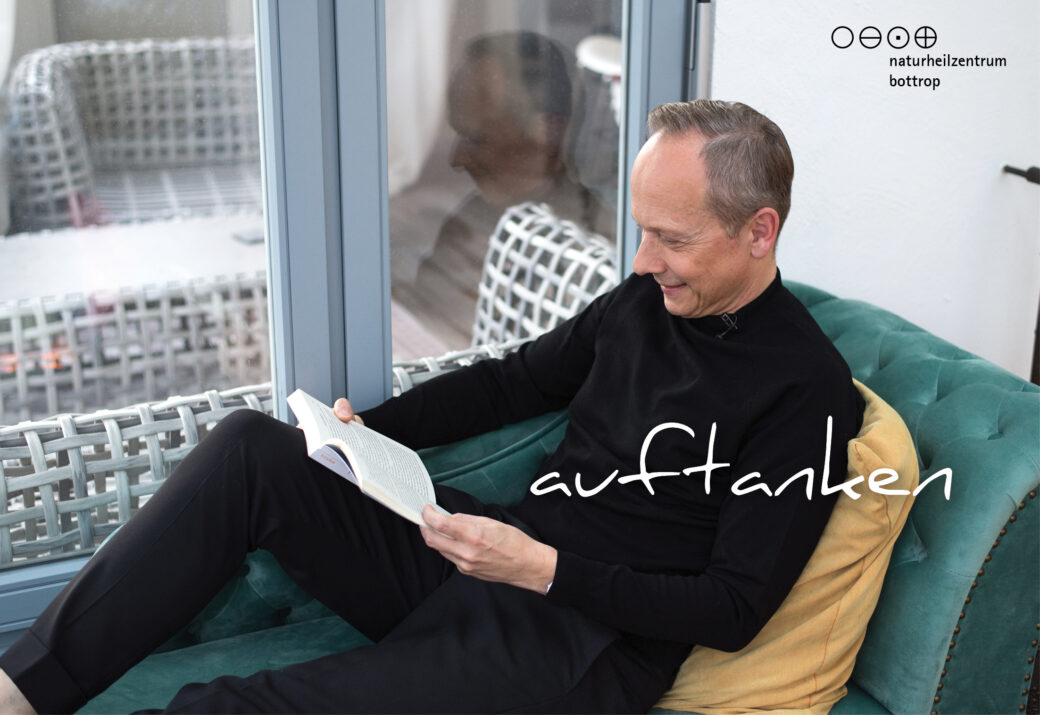
The pandemic has thrown us off balance
American communications company Avaya, together with market research firm Davies Hickman Partners, asked over 10,000 People in 11 countries how the pandemic has changed the way they live and work. This snapshot shows exactly what is important to People in the post-Corona era and how their work-life balance has changed. For all of us, the last two years have been an emotional roller coaster.

Forty percent of respondents said they are unhappier today than they were before Corona. The top 3 emotions right now are worry, anxiety and frustration. Many feel their work-life balance is being disrupted. 48 percent plan to slow down their lives in 2022. 39 percent feel trapped in a daily routine. 38 percent struggle with their work-life balance, and 28 percent have become workaholics by working from home and lacking social connections.
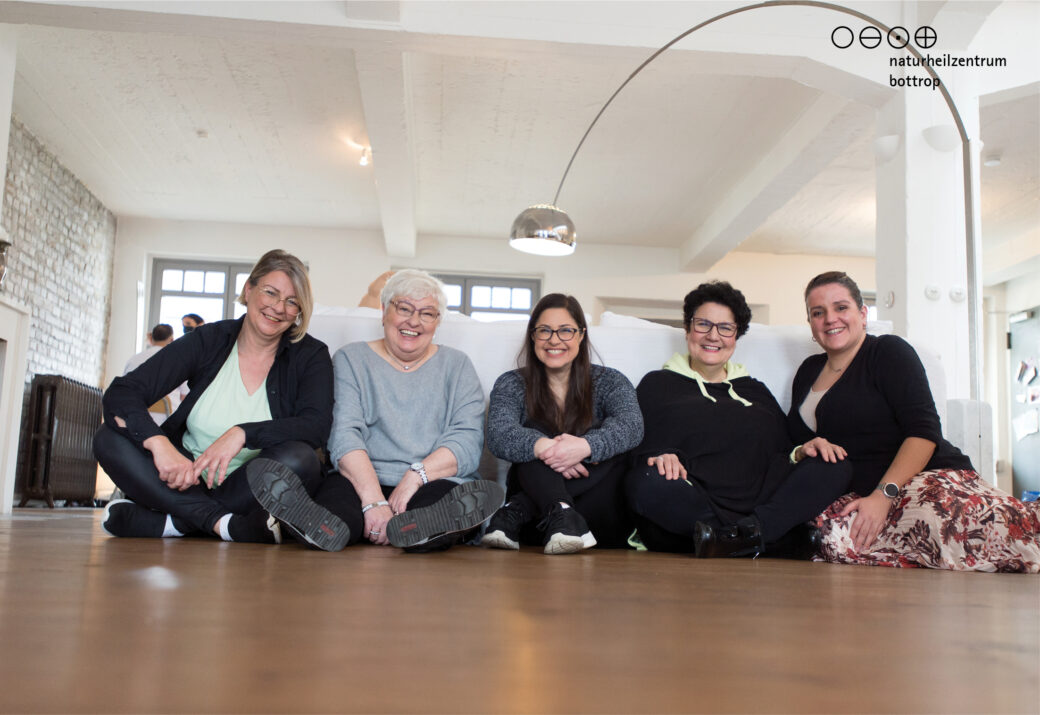
Burnout – When the body burns out
Almost everyone knows the term burnout syndrome, even if it is not yet a medically clearly classified diagnosis. Being “burned out” often affects People who are highly motivated at work and show a lot of commitment. In the past, burnout syndrome was also called “manager’s disease”, but today we know that it seems to affect People who work in social professions particularly often: Social workers, nurses, doctors or teachers.
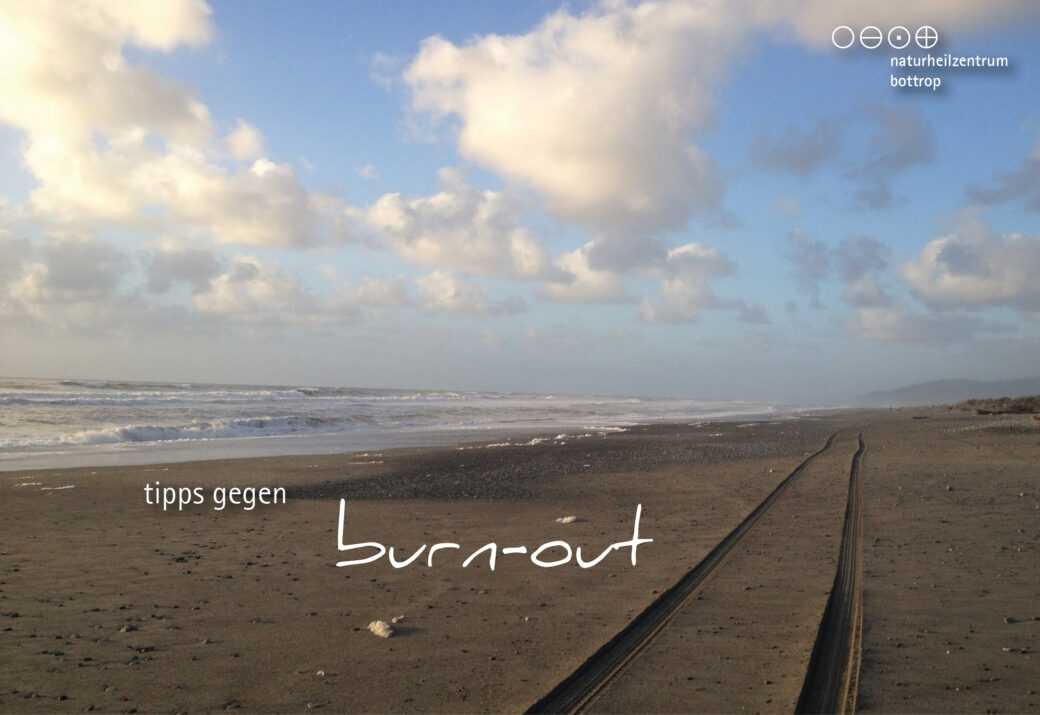
Burnout is when your work-life balance is out of whack. Time pressure at work, lack of recognition and perfectionism increase the susceptibility to burnout. Its symptoms: exhaustion, mental detachment and reduced performance related to the job.
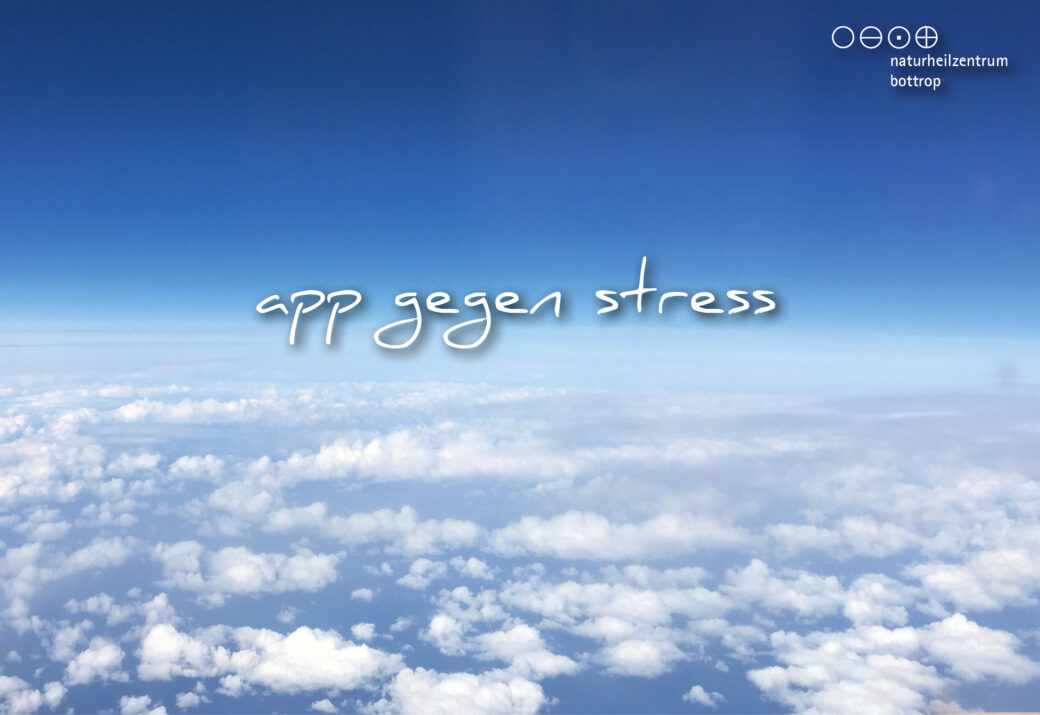
Berlin-based startup HelloBetter has developed “Hello Better Stress and Burnout,” the world’s first burnout therapy via web and app. The course has been permanently approved by the German Federal Institute for Drugs and Medical Devices (BfArM) as a Digital Health Application (DiGA) and can be prescribed by doctors and therapists on prescription. The twelve-week course is based on Cognitive Behavioral Therapy and consists of seven training sessions of approximately one hour. During the course, patients are accompanied and supported by specially trained psychologists.
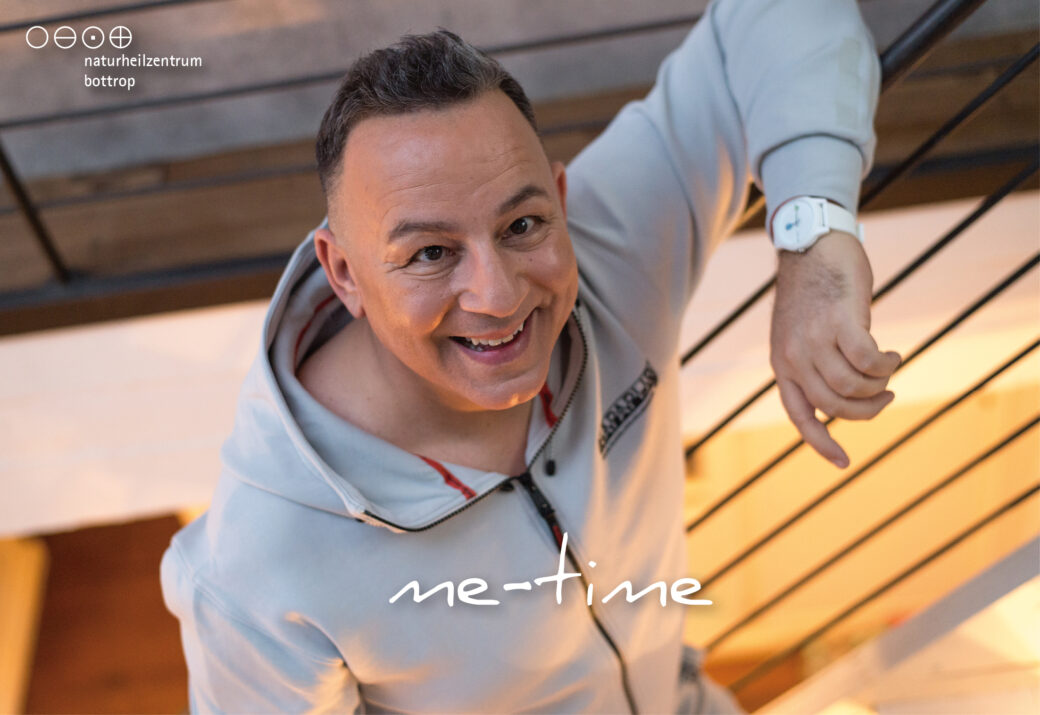
Tips against burnout from the Naturheilzentrum Bottrop
If you already feel mentally and physically at the end, you should talk to a doctor as soon as possible. For everyone else, our naturopaths Farid Zitoun and Christian Rüger have a few tips. They can help to prevent a burnout.
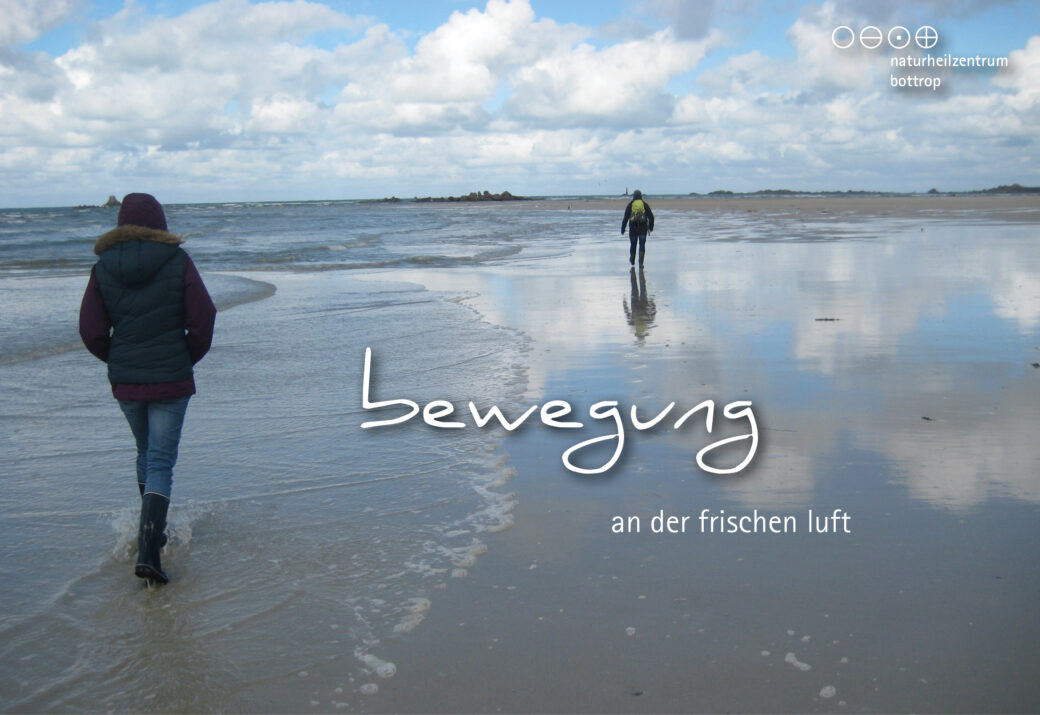
1. Exercise
The best remedy for burnout is in our own hands: it’s called exercise! Because “movement influences the activity of the pituitary gland, it releases happiness hormones in the body and reduces stress hormones,” explains Christian Rüger. By the way, this works best with aerobic exercise. This refers to any sporting activity in which breathing is faster but does not yet cause us to lose our breath.
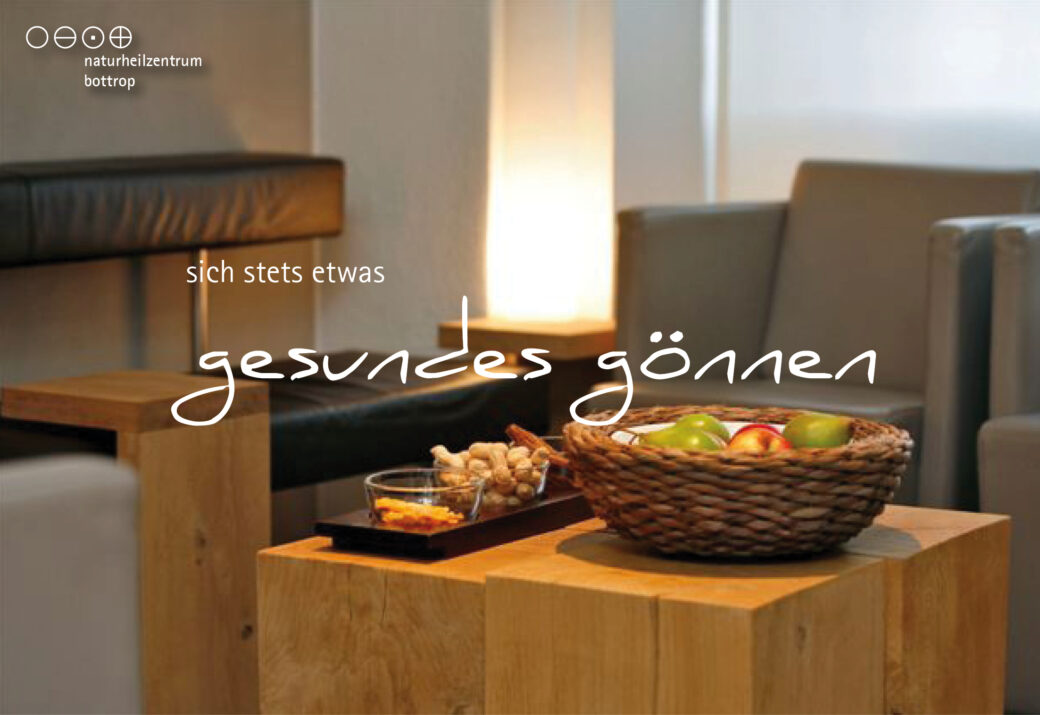
2. Nutrition
When you feel under pressure, the temptation to save time is strong – even when it comes to eating. Those who don’t have time for extended breaks reach for fast food. And those who feel exhausted drink one more cup of coffee. “Not good,” Farid Zitoun finds. “Especially when you’re stressed, it’s important to eat healthy and varied food. So drink lots of water, eat fresh fruits and vegetables. My anti-stress secret weapons in the kitchen are – because of their high magnesium content – legumes, nuts and oatmeal.”
For even more tips from Farid Zitoun and Christian Rueger against burnout, check out here . In his blog post, Christian Rueger tells you what Personally helps him live a lower-stress life.
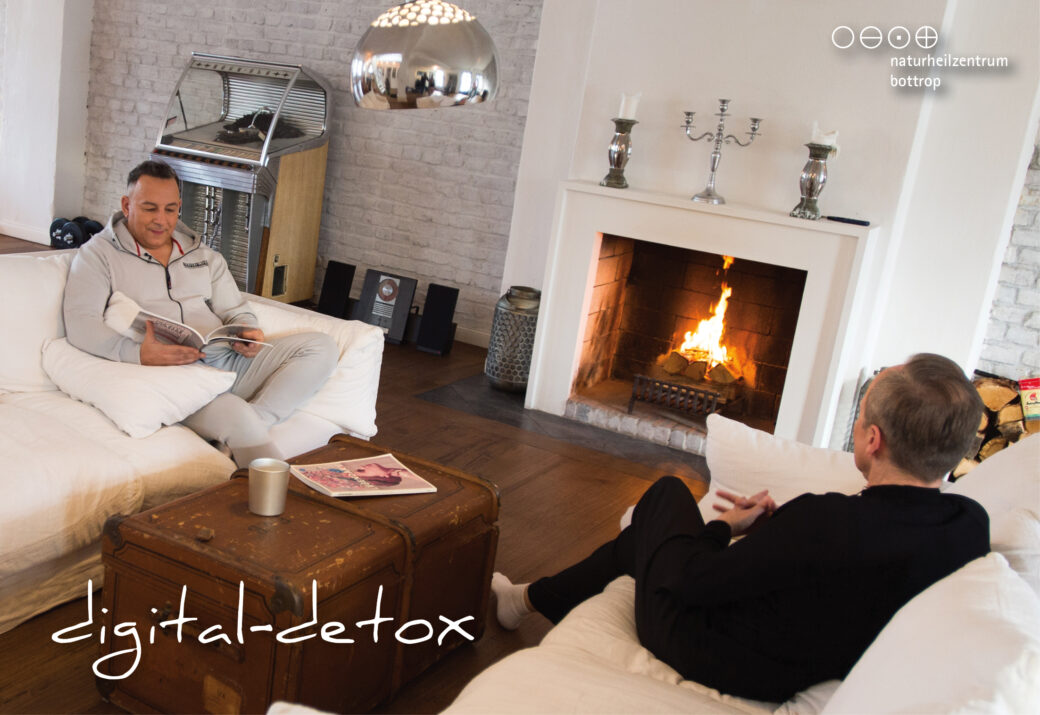
3. “Digital Detox” – don’t always be available
Prove your media literacy and put your smartphone aside more often! The study “Healthy digital work?!” has identified digital stress as a burnout factor. Digital stress is caused, among other things, by the omnipresence of digital media, one’s own feeling of having to be constantly available, and the disappearance of boundaries between work and professional life.
With “Digital Detox” you do without digital media and digital communication for a certain time. How you do this is up to you. Some People go on a real fasting cure from the digital world, others only abstain from certain apps and dads. You can read more about “Digital Detox” in our news article on the topic.
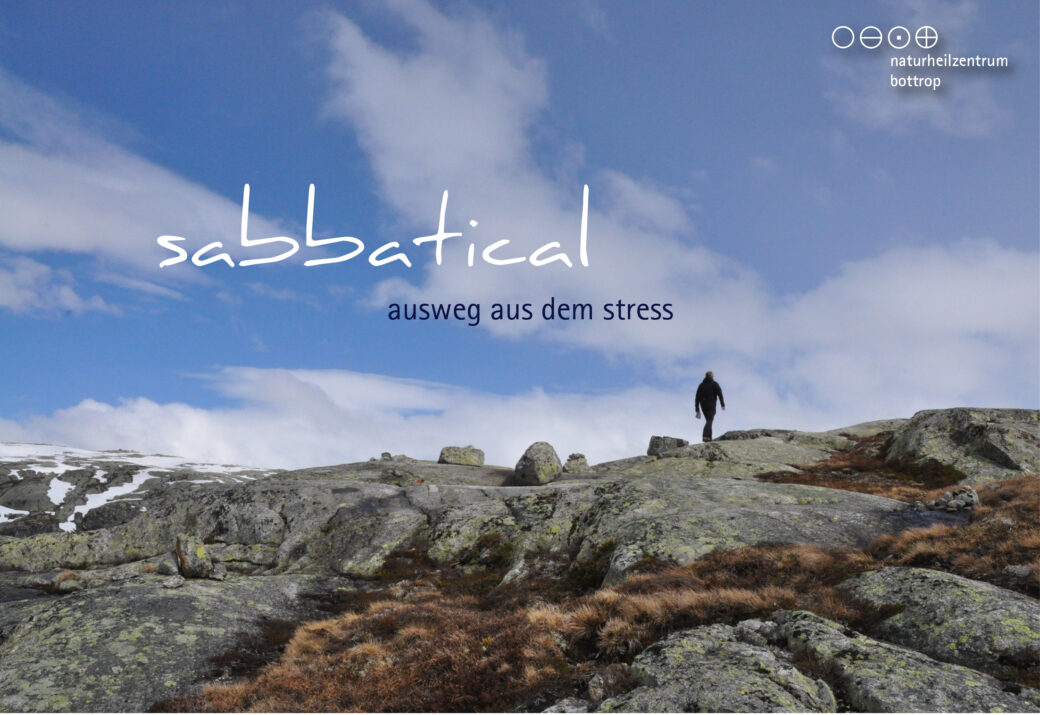
4. From a break to a sabbatical
Be mindful, take care of yourself! “It’s important to stop and listen to yourself more often,” Farid Zitoun knows. Working yourself half to death in your daily routine and then expecting your two-week annual vacation to get you back on track unfortunately doesn’t work. If you take a break before you urgently need it, you’re on the right track. If breaks aren’t enough for you, maybe you need a longer sabbatical. Farid Zitoun and Christian Rüger explain in their new video what a sabbatical can be good for!
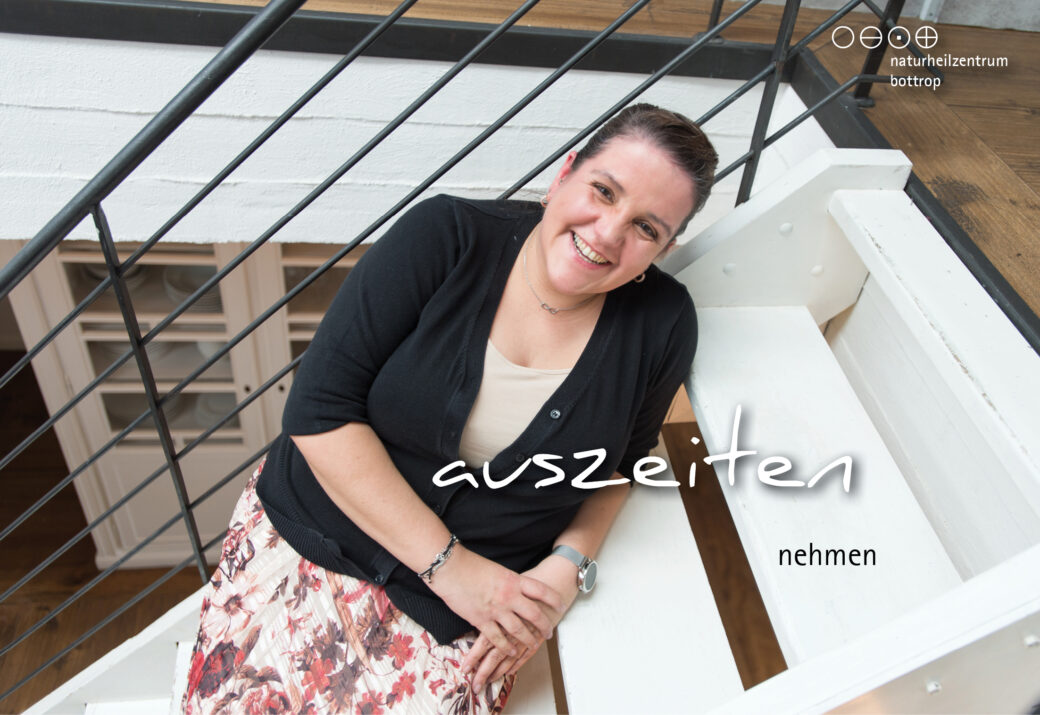
Too much time off also throws off your work-life balance
Not only too much work, but also an excess of free time can have a negative impact on your work-life balance. That’s according to an analysis of a survey of more than 35,000 Americans by a research team at the University of Pennsylvania, reported in the science magazine Spectrum. The result: there is an optimal amount of free time, ranging from two to five hours a day. Those who have less or more free time are more dissatisfied. Incidentally, this is true regardless of age, gender and level of education.
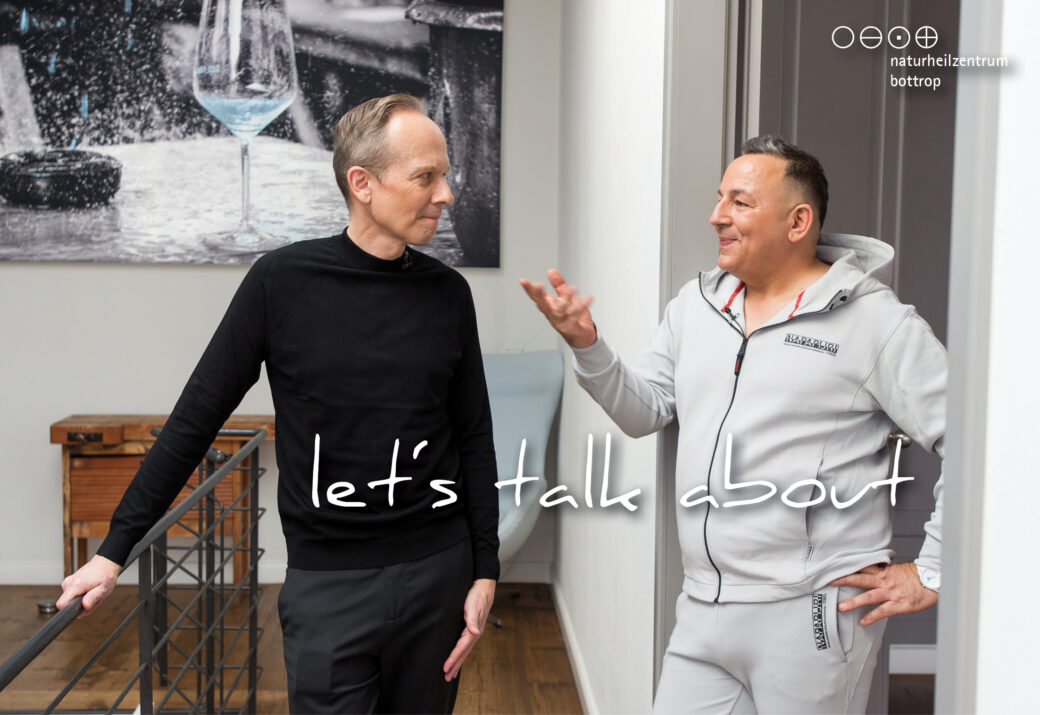
For even more info on how to better balance your work and life, check out the nabo magazine on our website and our YouTube channel. Take a look!
